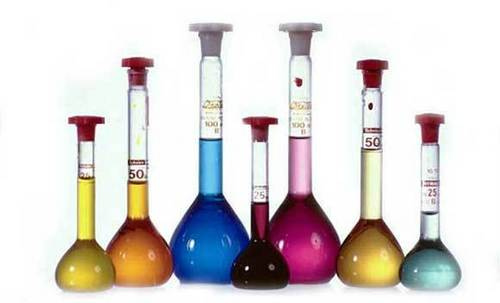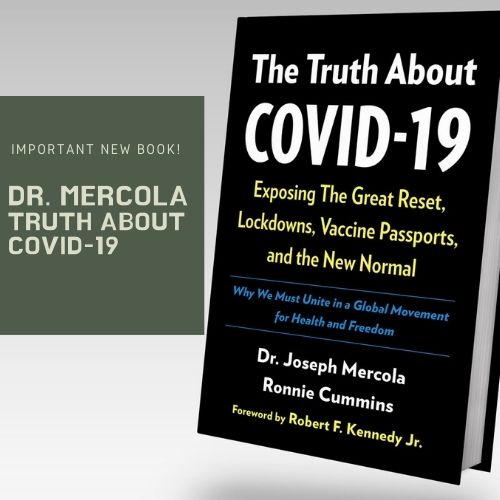
Pharmaceutical companies for years have complained about the high cost of development for drugs to justify high prices for patients but that is not the full story...

Back in the 1990's drug companies got used to developing "blockbuster" drugs that had broad market appeal such as Prozac and other SSRI drugs as well as the failed Vioxx. Each of these drugs generated over a billion $USD in annual profits. The industry on the whole is stuck in this mode of the blockbuster drug and failing to see the public which they are supposed to be servicing.
What justifies such high costs for drugs? Does it really cost $800 million to develop a drug?
Keep in mind that part of the justification includes a number of expenses you may not agree with as part of the "cost" of developing drugs:
This justification in costs completely disregards the method that most pharma companies "develop" their drugs!
The method involves buying up smaller companies who have drugs they want to sell. Smaller companies develop drugs and may not have the capital to bring them to market. So Big Pharma companies will grab up their drugs or the entire company and take their drugs to market.
Martin Shkreli is the Pharma tycoon who has been most famous for his aggressive action in taking this business model to the extreme. Since founding Turing Pharmaceuticals they acquired a drug for treating toxoplasmosis then jacking the price 5500% to $750/pill! This has prompted a recent US Senate Report which has labeled Shkreli's actions as "predatory" and "immoral" but not illegal.
The report indicated that Turing employees understood the drug's "unique value as the 'gold standard' for treating toxoplasmosis" and its relatively small patient market, emphasizing these traits to potential investors.
A Turing internal document stated that "[t]he number of toxoplasmosis patients is too small to stimulate a significant lobbying effort were the cost of therapy to become an issue." About the closed distribution model to block generic competitors, one Turing executive said "investors get excited about a specialty distribution system because it does limit the generics that are able to access your product," according to the report.
"I think it will be huge," Shkreli wrote about Daraprim in an email to potential investors. "We raised the price from $1,700 per bottle to $75,000 ... So 5,000 paying bottles at the new price is $375,000,000—almost all of it is profit and I think we will get 3 years of that or more. Should be a very handsome investment for all of us. Let’s all cross our fingers that the estimates are accurate."
What do you think? Should this sort of business be considered illegal?
www.rt.com
Image courtesy of: sashagirl72






